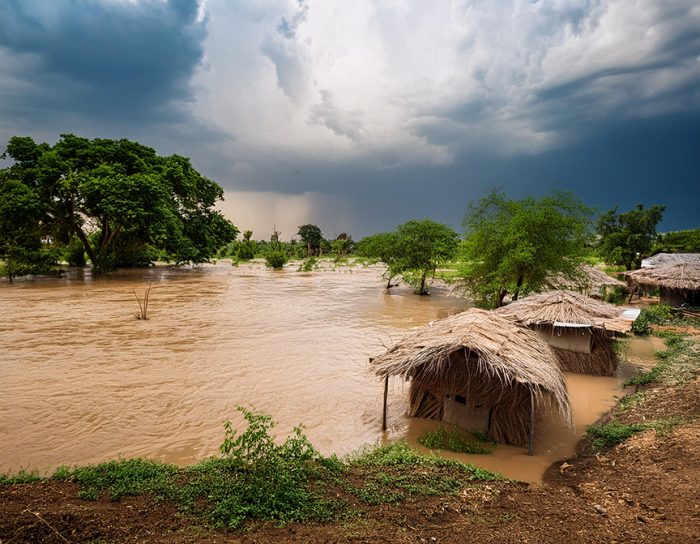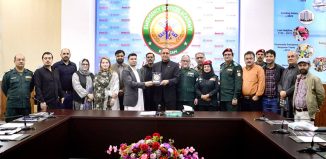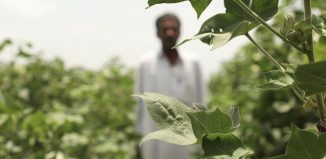Contingency Plan for Pakistan – 2024
As we approach the monsoon season, we are reminded of the devastating impact that floods and extreme climate change have had on Pakistan in recent years. In light of this, Community World Service Asia (CWSA) is committed to ensuring a swift and effective response to the anticipated floods in 2024. The National Emergency Operation Centre of NDMA (Pakistan) warned last Tuesday of strong monsoon currents likely to penetrate from the Arabian Sea and Bay of Bengal in upper regions of Pakistan, resulting in a series of rains across various parts of the country in the coming days and weeks. Read the latest Pakistan Meteorological Department (PMD) report here.
The contingency plan attached is an overview of CWSA’s approach and capacity to respond to the forecasted floods in Pakistan. It highlights the response capacity, available resources, vulnerable geographical areas and available opportunities that can be immediately deputed/utilised to kick off the emergency response.
CWSA’s History and Presence in Pakistan
Community World Service Asia has a long-standing history of over 50 years in Pakistan, working closely with local communities, government agencies, and international partners. Our deep-rooted relationships and extensive presence across the country have enabled us to respond effectively to various emergencies and development challenges. With six operational offices spread across the country, our capacity to operate in all provinces of Pakistan ensures that we can reach the most vulnerable populations swiftly and efficiently.
Preparedness and Response Capacity
In preparation for the anticipated floods, we have mobilised our resources and are ready to deploy six fully functional Mobile Health Units (MHUs). These units are equipped to provide essential medical services, including primary healthcare, maternal and child health, and emergency medical care. Additionally, we have prepositioned a substantial stock of medicines and medical supplies to address immediate health needs.
We have also established Memorandums of Understanding (MOUs) with Mobile Cash Transfer Service providers to facilitate rapid and secure cash assistance to affected families. Our technical and sectoral expertise spans across various domains, including:
- Quality & Accountability: Ensuring that our interventions promote accountability to affected people and meet the highest standards of quality humanitarian assistance outlined by global standards and practices.
- Health: Providing emergency healthcare services to affected communities.
- Psychosocial Support: Addressing the mental health and psychosocial needs of flood-affected individuals.
- Cash Voucher Assistance: Delivering timely financial support to help families meet their urgent needs in a dignified manner.
- Water, Sanitation, and Hygiene (WASH): Ensuring access to clean water, sanitation facilities, and hygiene promotion.
- Monitoring & Evaluation (M&E): Continuously assessing the impact and effectiveness of our interventions.
Human Resources and Coordination
Our HR scale-up roster is in place, allowing us to rapidly deploy experienced staff to the affected areas. We have also established a robust coordination mechanism with local level line departments, PDMA/NDMA, international non-governmental organisations (INGOs), and local NGOs to ensure a harmonised and efficient response.
Through our comprehensive contingency plan, combined with our experience and resources, we aim to support flood affected communities immediately and effectively. To achieve this, we are establishing a Rapid Response Fund (RRF), enabling us to mobilise resources and respond within 24 hours of the occurrence of the flood. Your contribution will ensure that essential supplies such as food, clean water, medical aid, and cash will reach flood survivors without delay.







